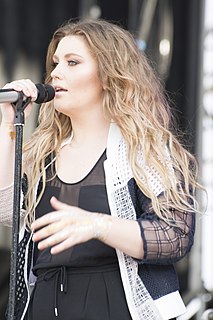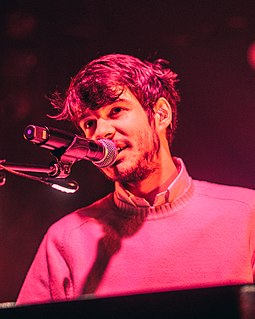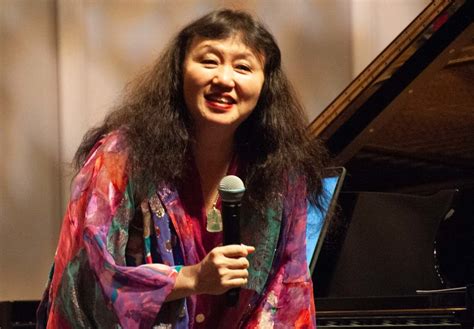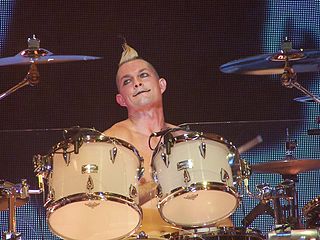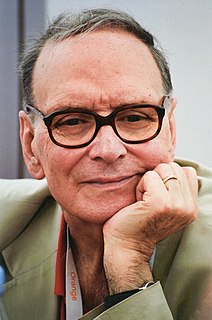A Quote by Gustav Mahler
In its beginnings, music was merely chamber music, meant to be listened to in a small space by a small audience.
Quote Topics
Related Quotes
A poem compresses much in a small space and adds music, thus heightening its meaning. The city is like poetry: it compresses all life, all races and breeds, into a small island and adds music and the accompaniment of internal engines. The island of Manhattan is without any doubt the greatest human concentrate on earth, the poem whose magic is comprehensible to millions of permanent residents but whose full meaning will always remain elusive.
In music, what is very important is temporality of space and length, based on the breathing space the director gives the music within the film, by separating the music from various elements of reality, like noises, dialogues... That's how you treat music properly, but it doesn't always happen this way. Music is often blamed, but it's not its fault.






